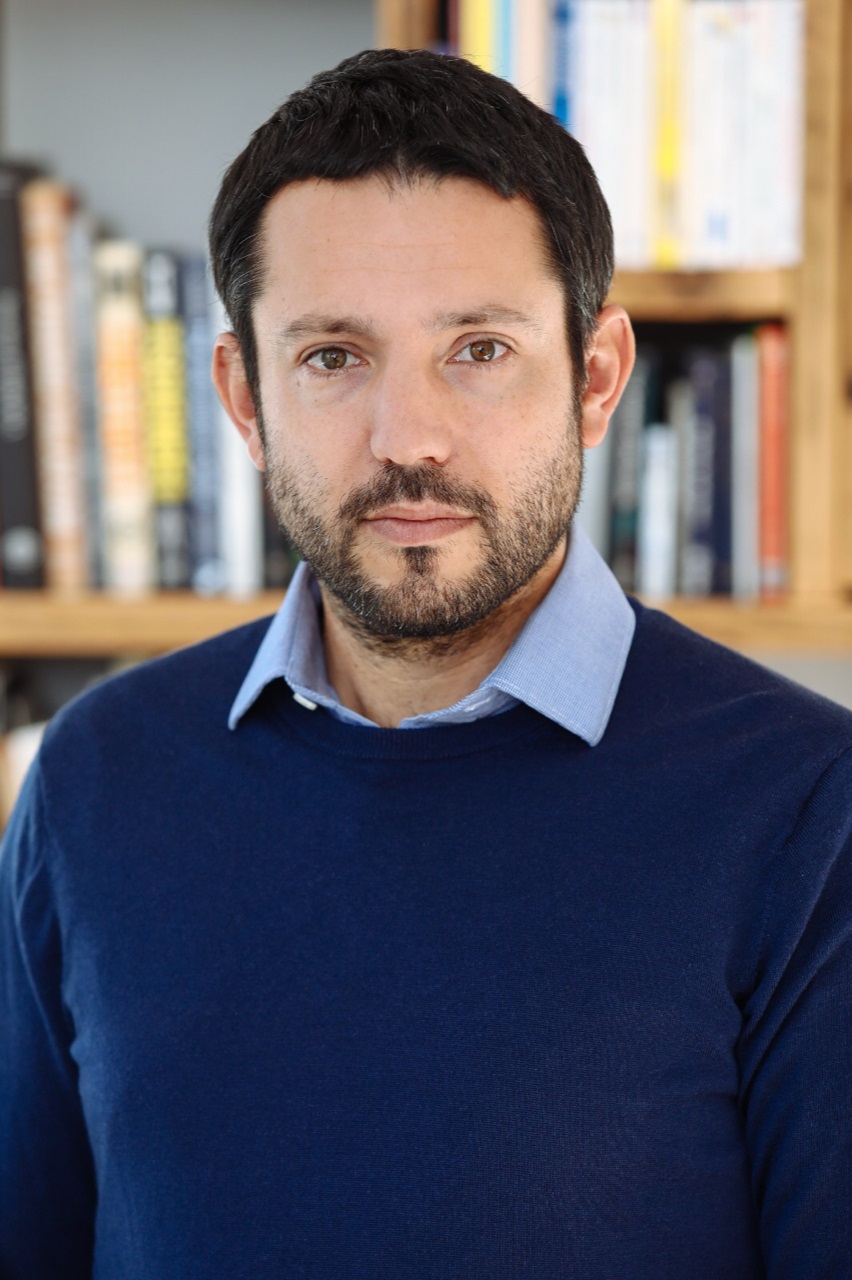Israeli Arabs, Druze, Suffer Bigger Drop in Life Quality Than Jews After COVID Infection, Study Finds
A study led by Bar-Ilan University finds surprising health disparities for Arabs and Druze compared to Jews a year after contracting COVID-19
Israeli Arab and Druze populations were found to have a worse health-related quality of life than Jewish populations a year after contracting COVID, according to a recent study led by Israel’s Bar-Ilan University. The health disparities remained even after accounting for socioeconomic differences, puzzling even some of the researchers who authored it.
For the study, the researchers monitored 881 people over the age of 18 who tested positive for COVID at medical centers in northern Israel between March 2021 and May 2022. Of these, 195 (22.1%) were Arab or Druze and 686 (77.9%) were Jewish or “other” (only 17 of the participants were “other”).
The study found that while in the initial months after contracting the virus all three population groups showed comparable decreases in health-related quality of life, more than 12 months after infection, Arabs and Druze showed an 11% drop in their health-related quality of life that Jews did not.
Long COVID is a phenomenon that we’re still not fully understanding, but we’re beginning to understand
“Long COVID is a phenomenon that we’re still not fully understanding, but we’re beginning to understand,” the study’s lead author, Prof. Michael Edelstein of Bar-Ilan University’s Azrieli Faculty of Medicine, told The Media Line.

Prof. Michael Edelstein. (Courtesy Ariel Zandberg)
The study focused on five aspects of health: mobility, self-care, usual activities, pain/discomfort, and anxiety/depression. The researchers found that while these traits were comparable between Arabs, Druze, and Jews before COVID, there was a greater disparity a year after contracting the virus.
“It could be that your quality of life decreased because you became anxious or depressed, because you may have lost your job, or maybe because your kids were not able to go to school, or maybe because you didn’t feel supported enough,” Edelstein told The Media Line. “So we really wanted to measure at the high level how these changes impacted different segments of the population in Israel.”
Another focus of the study was the health inequalities different Israeli populations face when recovering from COVID.
It’s quite common to see groups that are disadvantaged in society being less able to absorb the shock of such a wide health event
“The health status of the Arab and Druze population is less good than of the Jewish majority,” Edelstein said. “It’s quite common to see groups that are disadvantaged in society being less able to absorb the shock of such a wide health event.”
Edelstein told The Media Line that difficulties accessing the same level of healthcare in certain populations could play a role in the disparities.
“Equity is a key pillar of health systems,” Edelstein said. “We want to make sure that every citizen and resident in the country is able to enjoy and achieve the highest possible level of health.”
Another co-author of the study, Dr. Jelte Elsinga of the Amsterdam University Medical Center, told The Media Line that many socio-economic variables were considered when analyzing the data.

Dr. Jelte Elsinga. (Courtesy)
“One popular explanation is socio-economic factors and variables,” Elsinga said. “For example, gender, wages, education, job—these kinds of things.”
Elsinga also suggested that stress could play a role in COVID becoming more severe.
“Druze and Arab populations, they perceive more stress-related things, for example when it comes to personal institutional racism,” Elsinga told The Media Line.
Both Elsinga and Edelstein said more research needs to be done on long-COVID across different populations.
I think how these disparities actually exist, and what the root causes are we don’t know. We can guess, but we don’t know.
“I think how these disparities actually exist, and what the root causes are we don’t know,” Elsinga told The Media Line. “We can guess, but we don’t know.”
The researchers say the study is an important first step in learning how to deal with COVID in the future.
“We know that some people in some groups need more support or different approaches to health in order to achieve the same outcomes,” Edelstein told The Media Line. “We know that these people are vulnerable. Maybe they need more help, maybe they need more resources, maybe they need more focus, and having the data and the evidence to support that is hugely important in achieving equitable health systems.”
Patrick Doyle is a recent graduate of San Diego State University and an intern in The Media Line’s Press and Policy Student Program.

